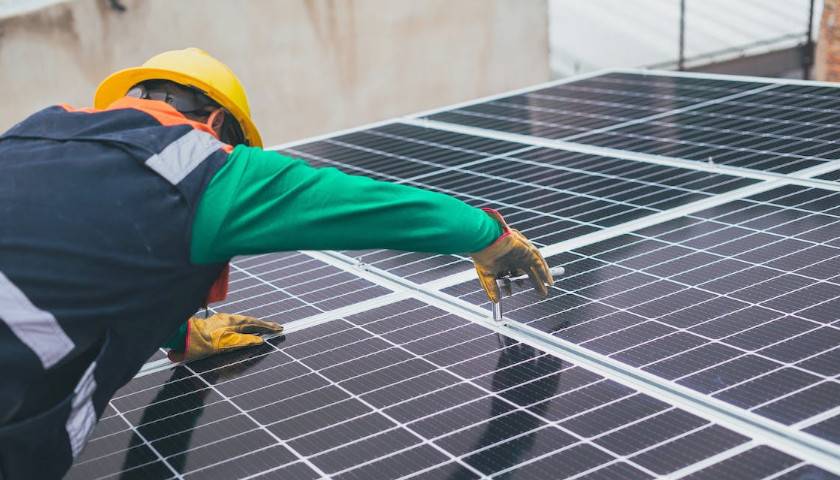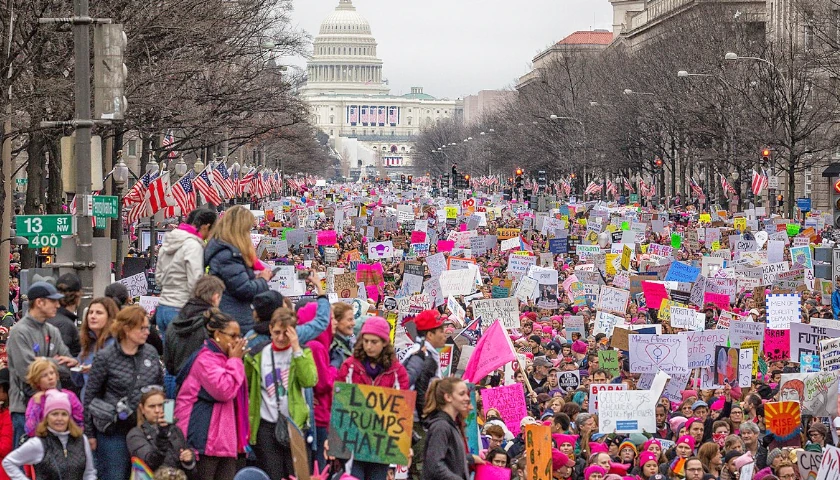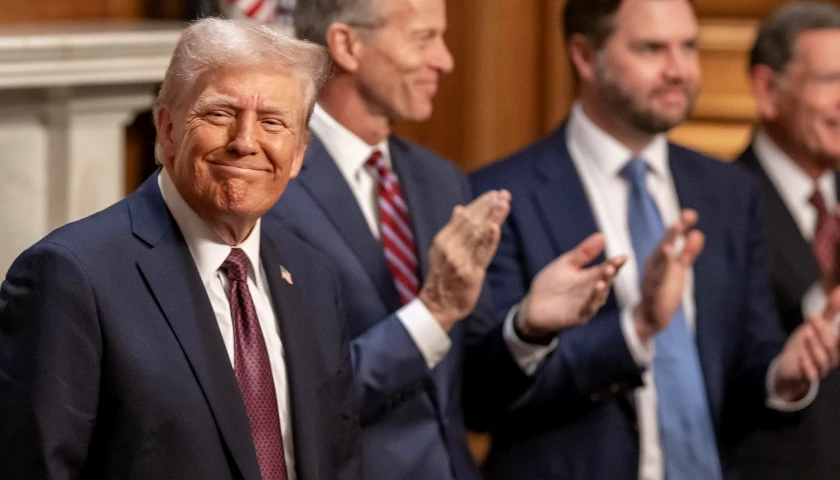by Eric Lendrum
The Biden Administration’s Department of Energy (DOE) awarded a loan of $3 billion to a solar company that has been accused of scamming elderly customers, including customers with dementia.
According to the Washington Free Beacon, the scam by the company Sunnova Energy involved forcing elderly and dementia-afflicted customers into signing five-figure, multi-decade solar panel leases on their deathbeds. One such account was given by Texas resident Terry Blythe, who said that her 86-year-old father had been convinced by a door-to-door salesman for the company to sign a 25-year solar panel lease back in 2020. Upon her father’s death earlier this year, Blythe was stuck with the $34,000 contract herself.
“It was truly ripping off old people,” she recounted. “It was the biggest ripoff I’ve ever seen.”
Blythe and over 50 other customers have since filed consumer complaints with the Texas Attorney General’s office against Sunnova; the complaints include scams and predatory sales tactics, as well as maintenance delays.
In response to the controversy, a Sunnova spokesman claimed that the company “cannot and [does] not decline to enter into an agreement based on a customer’s age.”
“All customers, regardless of age, are required to complete a thorough validation process where we confirm their identity and ensure that they have read and comprehended the terms of their agreements,” the spokesman continued, stating that the company is “fully dedicated to assisting all our customers in resolving any issues that may arise during the life of their agreement or due to external factors.”
The company’s exposed practices have led to further scrutiny regarding the $3 billion federal loan that the company received from the DOE’s Loan Programs Office (LPO), which is the single largest loan ever given to a solar company by the Department. The money was ostensibly supposed to help finance Sunnova’s panel loans in order to help “disadvantaged homeowners and communities.”
Experts say that when the DOE was vetting the company ahead of the loan being awarded, such practices and prior complaints should have been noticed during the vetting process.
“This is reminiscent of the mortgages of the 2000s, just getting people to sign, with no care at all as to the consequences,” said one anonymous former DOE official. “Why not just call it subprime solar?”
Lawmakers on Capitol Hill such as Senator John Barrasso (R-Wyo.), the ranking Republican on the Senate Energy and Natural Resources Committee, have since begun investigations into possible conflicts of interest within the Department’s LPO, including the issue of funds for Sunnova. The current LPO director, Jigar Shah, previously created and led a trade association called Cleantech Leaders Roundtable (CLR), with one of its board members also being a board member of Sunnova. Even after Shah left the group to join the Biden Administration, CLR has continued to work closely with the LPO, acting as a gatekeeper for companies seeking DOE loans, and also hosting paid events with Shah.
“The potential for conflicts of interest, especially in light of a $3 billion loan approval for Sunnova, a company who shares a board member with Cleantech Leaders Roundtable, cannot be overlooked,” Barrasso wrote in a letter to the DOE’s ethics counsel Susan Beard earlier this month.
In response to the scrutiny, Shah has since downplayed his own role, claiming during congressional testimony last month that “I’m not that important,” and that his job is to “promote the loan programs office” rather than actually approve the loans.
– – –
Eric Lendrum reports for American Greatness.




